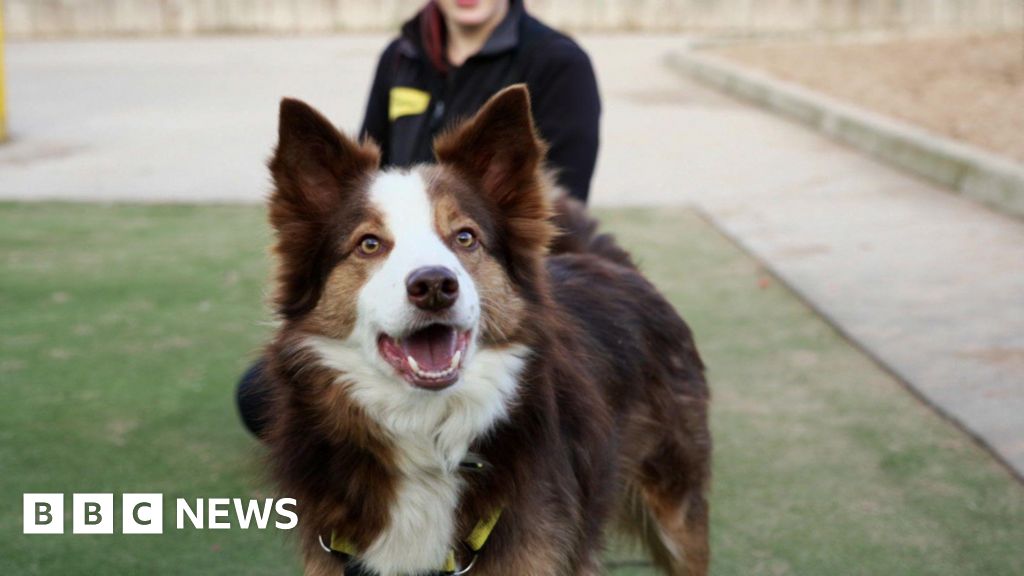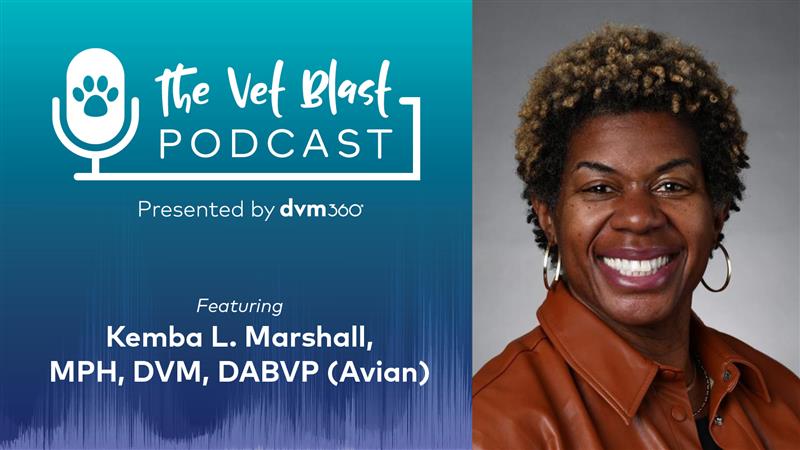Hello 👋
Welcome back to another edition of Weekend Rounds!
We’re writing this edition in the middle of the snowstorm that is making its way across the east coast of Canada and the U.S. If you’re here with us, we hope you’re staying warm. We’ve been passing the time with family and by binging the documentaries, concerts, and behind the scenes footage being released in association with Saturday Night Live’s 50th Anniversary Show. We highly recommend the recent documentary on the music of SNL directed by Questlove.
Come to think of it, this is kind of like our opening monologue... We have a great edition for you this week and some fantastic celebrity guests! Dwayne ‘The Rock’ Johnson is here, Miley Cyrus is here… ladies and gentleman… Weekend Rounds!!!
📡 What happens when your pets microchip goes dark?
🍖 Lab grown pet food arrives in the UK
🐶 The Humane Society rebrands
🚀 Quick hits

📡
Microchip company goes under
The abrupt closure of Texas-based pet microchip company Save This Life has left many pet owners, veterinarians, and shelters concerned about lost pet recovery as the AAHA and USA Today have reported.
The company shut down without notice (the exact reason appears to be a mystery, the most likely reason seems to be tax forfeiture), making its microchip registry inaccessible. As a result, pets registered with Save This Life no longer have owner contact information linked to their microchip numbers, potentially preventing lost pets from being reunited with their families.
The sudden closure has left many pet owners concerned, and thousands of pets with a microchip that is not associated with any of the relevant information. The microchips from Save This Life will remain functional, so please be sure to remind your clients to check their pet’s microchip status by scanning the chip and determining the registered provider. If the chip was registered with Save This Life, the ID number likely starts with 991 or 900164, and pet owners will need to re-register with a different company to ensure their pet’s information remains accessible. Shelters, breeders, and animal control offices may also have microchip records that can help with re-registration.
Despite the shutdown, microchipping remains a critical tool for pet recovery. Veterinary practices play a key role in educating pet owners on the importance of keeping their pet’s microchip registration current with a reliable provider, ensuring lost pets can still be safely reunited with their families.

🍖
Only the finest lab grown kibble for Fido
The UK just made history by becoming the first country where pet owners can buy a treat made with lab-grown meat. London-based startup Meatly has created "Chick Bites," a pet snack containing 4% cultivated chicken alongside plant-based ingredients. This marks a big step for the alternative protein industry, as Meatly is the first company in the world to get regulatory approval for using lab-grown meat in pet food.
Cultivated meat is made by taking a small sample of animal cells—like from a chicken egg—and growing them in a bioreactor with nutrients. In a few weeks, the cells develop into a protein mass that mimics real meat but requires far less land, water, and energy, all without harming animals.
Despite the growing popularity of meat alternatives, lab-grown meat is still rare due to high costs and regulatory challenges for human consumption, not to mention the negative consumer perception. Only a few countries, including Singapore, the US, and Israel, have approved it, while others, like Italy, have banned it.
The process to create lab grown mean can be highly efficient compared to traditional animal meat. It only requires a one-time sample from a chicken egg to create an endless supply of meat, and the resulting product is nutritionally identical to conventional chicken but free from steroids, hormones, and antibiotics. It also uses up to 60% less land, 40% less water, and produces 40% fewer carbon emissions compared to traditional farming.
While cultivated meat is still in its early stages, Meatly going mainstream is a major step toward making lab-grown meat more popular in pet food.
The growth of lab grown meats will almost certainly have an effect on the veterinary and farming industries moving forward. In the United States, pet food production accounted for over 16% of the total rendered protein meat produced annually in 2022 according to the Agricultural and Applied Economics Association.
🐶
A Humane World for Animals
Everyone loves a rebrand. The Rock to Dwayne Johnson. Hannah Montana to Miley Cyrus. Prince to The Artist Formerly Known as Prince.
And now you can add the Humane Society to the list. The Humane Society of the United States and Humane Society International have announced that they have changed their name to Humane World for Animals. According to them, the move aims to clarify their longstanding shared mission to create lasting change for animals everywhere. But realistically, it doesn’t exactly roll off the tongue.
The rebrand has started with video set to a cover of Solsbury Hill by Australian recording artist Sia that shows a world without cruelty to animals. It’s a world we’d like to live in:
🚀
Quick Hits
Here are some of the other stories that caught our eye and we're following this week from around the veterinary world and animal kingdom:




